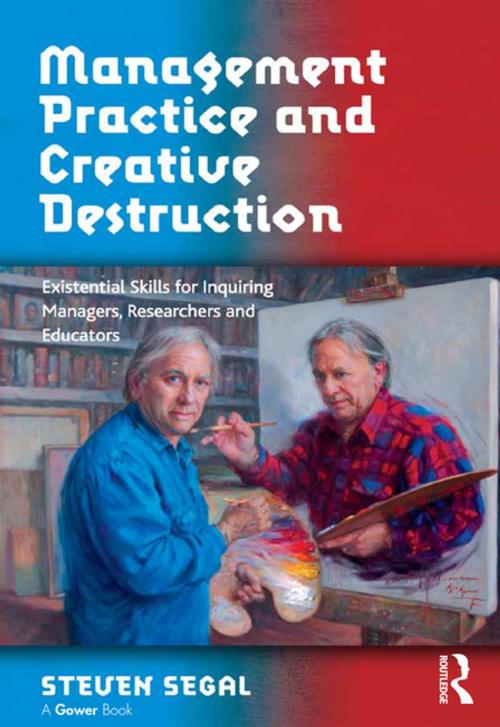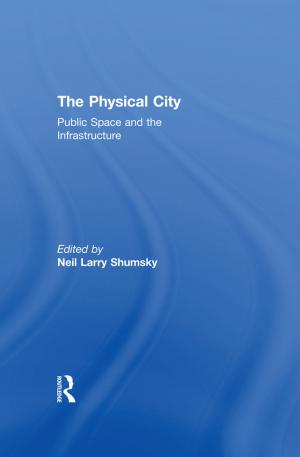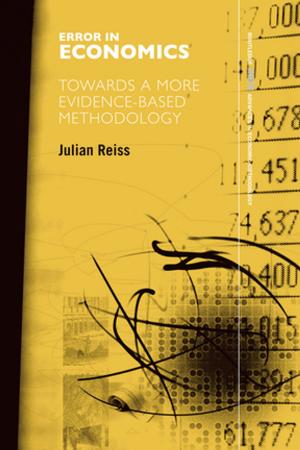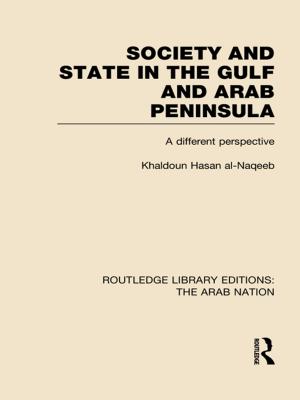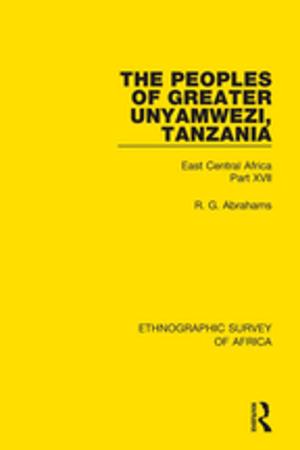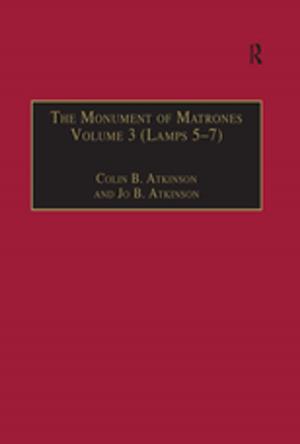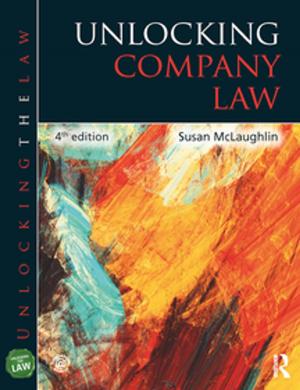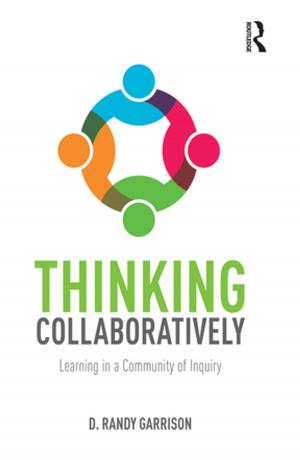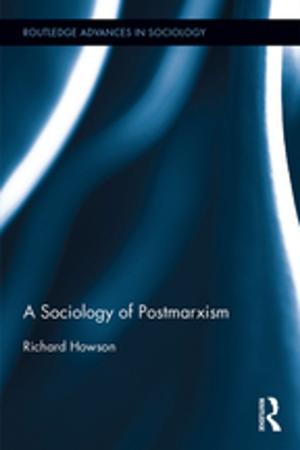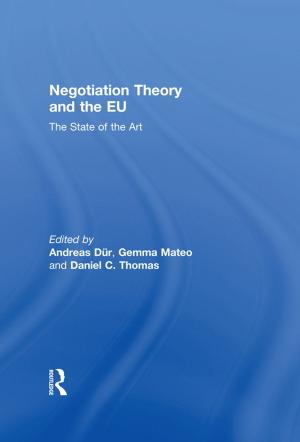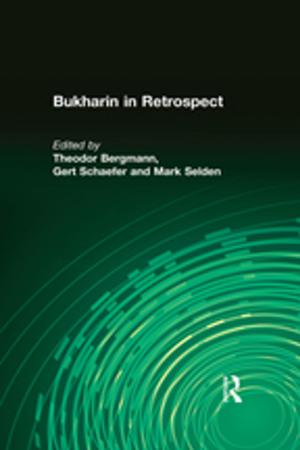Management Practice and Creative Destruction
Existential Skills for Inquiring Managers, Researchers and Educators
Business & Finance, Management & Leadership, Industrial Management, Decision Making & Problem Solving| Author: | Steven Segal | ISBN: | 9781317102038 |
| Publisher: | Taylor and Francis | Publication: | March 9, 2016 |
| Imprint: | Routledge | Language: | English |
| Author: | Steven Segal |
| ISBN: | 9781317102038 |
| Publisher: | Taylor and Francis |
| Publication: | March 9, 2016 |
| Imprint: | Routledge |
| Language: | English |
How do managers and leaders know what to do when they are caught off guard or taken by surprise? How do they create when they do not know what to do next? These are challenges of an organizational world of existential uncertainty; one where the future does not conform to but challenges our expectations and assumptions. Steven Segal demonstrates that creating in a world of existential uncertainty requires a new understanding of the relationship between management inquiry and the lived experience of organizing. Using existential philosophy he demonstrates how moods of concern serve as a framework to integrate management theory and practice, thereby providing a framework for managers, management educators, and consultants to share a common framework. In a globalized free market characterized by unexpected disruptions management inquiry is not a science conducted from an objective distance. The book advocates an existentially reflexive and participant observer perspective to management inquiry. By participating in managing, a felt sense of being a manager develops. Through existential observation new ways of organizing are made possible. It is inquiry from within rather than from an objective distance. Such inquiry opens new doors and opportunities. Existential hermeneutic phenomenology and the free market phenomenon of creative destruction are linked to each other. The former provides a framework to work through the breakdown in conventions of organizing that occur in creative destruction.
How do managers and leaders know what to do when they are caught off guard or taken by surprise? How do they create when they do not know what to do next? These are challenges of an organizational world of existential uncertainty; one where the future does not conform to but challenges our expectations and assumptions. Steven Segal demonstrates that creating in a world of existential uncertainty requires a new understanding of the relationship between management inquiry and the lived experience of organizing. Using existential philosophy he demonstrates how moods of concern serve as a framework to integrate management theory and practice, thereby providing a framework for managers, management educators, and consultants to share a common framework. In a globalized free market characterized by unexpected disruptions management inquiry is not a science conducted from an objective distance. The book advocates an existentially reflexive and participant observer perspective to management inquiry. By participating in managing, a felt sense of being a manager develops. Through existential observation new ways of organizing are made possible. It is inquiry from within rather than from an objective distance. Such inquiry opens new doors and opportunities. Existential hermeneutic phenomenology and the free market phenomenon of creative destruction are linked to each other. The former provides a framework to work through the breakdown in conventions of organizing that occur in creative destruction.
